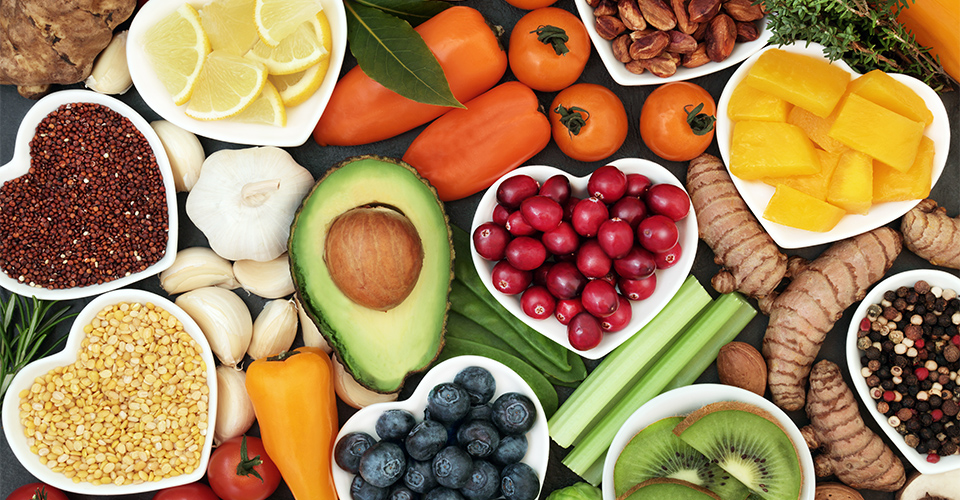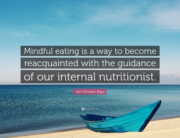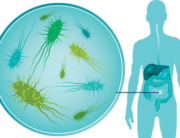Although the term “plant based diet” does not have a definition, you could probably take a stab at what it means. A plant based diet can mean a variety of things depending on who you ask but typically refers to a diet rich in fruits, vegetables, whole grains, nuts and seeds. It can range anywhere from eating no animal products at all to eating some dairy, eggs, fish or meat. Types of plant based eating include:
- Vegan: Completely plant based, with no animal products at all and relies on a combination of legumes, nuts, seeds, vegetables, fruits and whole grains to provide adequate protein, vitamin and mineral intake.
- Vegetarian: A plant-based diet filled with fruits, vegetables, whole grains, nuts and seeds which includes one or more animal products in moderation, such as dairy (lacto-vegetarian), eggs (ovo-vegetarian, eggs and dairy (lacto-ovo-), or fish (pescatarian).
- Mediterranean: A plant based pattern of eating that includes fish and seafood on a weekly basis, poultry, dairy, and eggs sparingly, and red meats on rare occasions.
Because a “plant based diet” does not have a strict set of rules and as long as it focuses on plants for the bulk of calories and nutrients, it allows for flexibility and freedom to modify to individual preferences.
While a plant based diet is useful for many markers of overall health, numerous studies have investigated the benefits of plant based or vegetarian style diets on heart health. Vegetarian and vegan diets have been shown to significantly decrease biochemical markers associated with heart disease and in some cases reverse heart disease. Benefits attributed to vegetarian and plant based diets include increased fiber, vitamin, mineral and phytonutrient content from fruits, vegetables, and whole grains, beneficial effects on microbiome balance, and increased consumption of heart-protective mono- and polyunsaturated plant fats, which improve lipid profiles and lower overall inflammation when replacing animal fats in the diet. These heart health plant fats are found in foods like olive oil, walnuts and avocadoes and seem to be one of the driving forces behind the heart health benefits of the plant-based Mediterranean diet.
Fiber from plant-based foods plays an important role in heart health and gut health as well. Several studies have determined that increased fiber intake was significantly associated with decreased risk of coronary heart disease. Fiber was also associated with reducing cholesterol levels as well as reducing blood glucose levels. The Academy of Nutrition and Dietetics states that fiber improves gut microbiome, contributing to better absorption of important minerals. The adequate intake for fiber is 25g/day for women and 38 g/day for men. Foods high in fiber include fruits, vegetables, beans, whole grains, and seeds.
Heart disease remains the leading cause of death in the United States with an estimated 85.6 million people suffering from some type of cardiovascular disease. Several factors can contribute to increased risk of heart disease such as high blood pressure, high cholesterol, smoking, diabetes, overweight or obesity, diet, lifestyle, and physical inactivity. Many of these risk factors are modifiable and practicing healthy patterns such as a plant based diet leads to improved blood pressure, cholesterol and weight.
Luckily, eating plant based doesn’t have to be difficult and it also does not mean you have to completely change your way of eating or restrict yourself from your favorite foods. Just including a variety of plant foods in each meal ensures that we get adequate vitamins and minerals and reducing the amount of animal foods we include in our diet ensures that we do not consume too much heart-damaging compounds like saturated fat. So try cutting back on animal foods for a few weeks and see how you respond! The following is a great way to sample what a plant-based meal would look like and move you towards making more heart healthy choices:
Sample Day:
- Breakfast: ½ cup dry oatmeal cooked with 1 cup soy milk, topped with ½ cup strawberries and 1 TBSP peanut butter.
- Lunch: Veggie wrap made with whole wheat tortilla, 2 TBSP shredded cheddar cheese, lettuce, peppers, sliced onions, 1/3 cup black beans, tomatoes, avocado, 1 TBSP yogurt ranch. Fresh carrot slices, with 2 TBSP hummus. Sliced apple sprinkled with cinnamon and a drizzle of honey.
- Dinner: 1 cup whole brown rice, 4 oz grilled salmon, 2 cups spinach salad topped with ¼ cup sliced beets, ¼ cup mandarin oranges, 1 oz goat cheese, 2 TBSP sliced almonds, and 1 TBSP balsamic vinaigrette.
- Snack options: air popped popcorn, ¼ cup unsalted nuts, Greek yogurt, steamed lightly salted edamame, dried fruit.
- Total Calories (without snack options): 1818
- Total Fat: 75g
- Saturated fat: 16 grams
- Total Protein: 85 grams
- Total Carbohydrates: 214 grams
- Total Fiber: 38 grams




















Get Social
RSS
Facebook
Twitter
Dribbble
Google +1
LinkedIn
Blogger
Tumblr
Reddit
Yahoo
DeviantArt
Vimeo
Youtube
Pinterest
Digg
Forrst
Myspace
Skype
Flickr